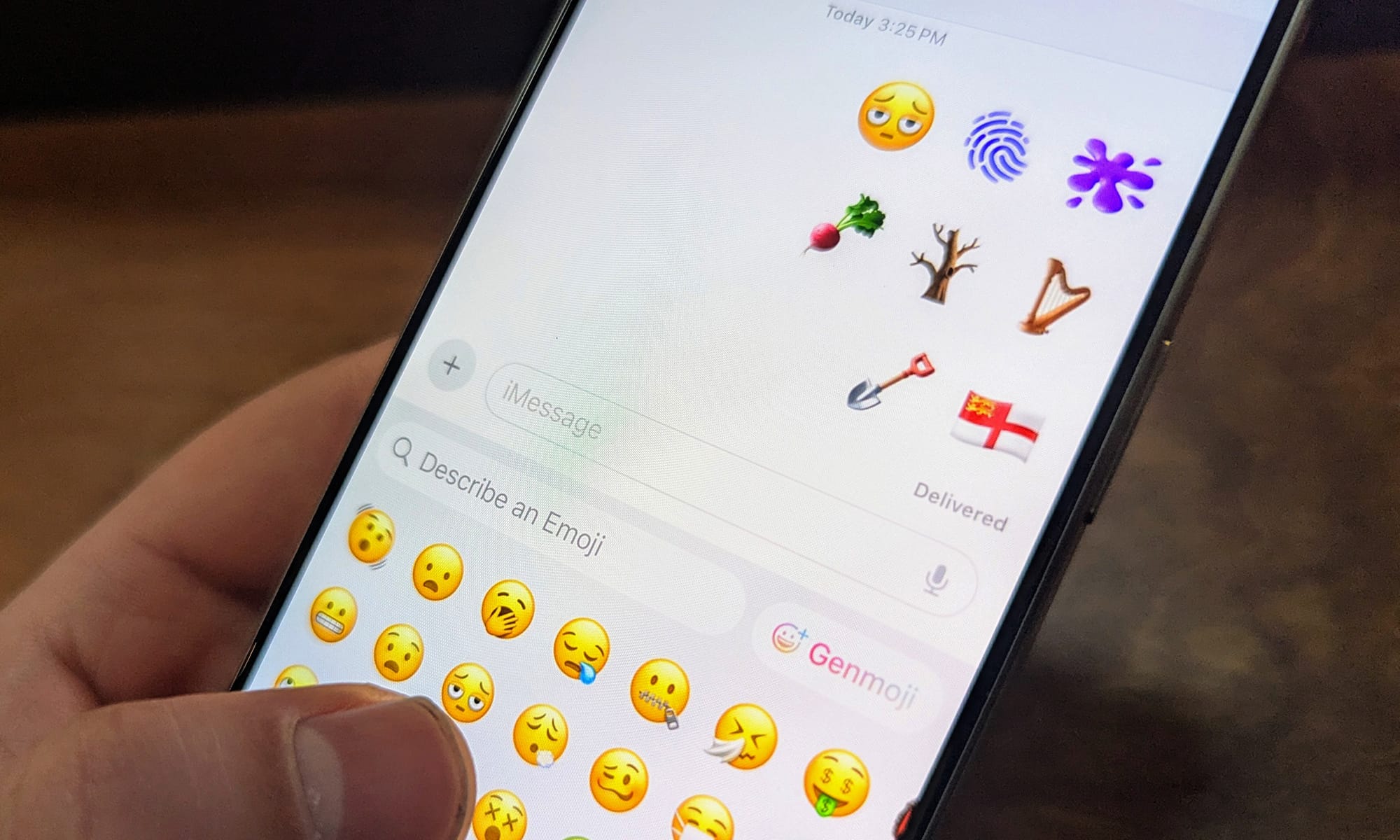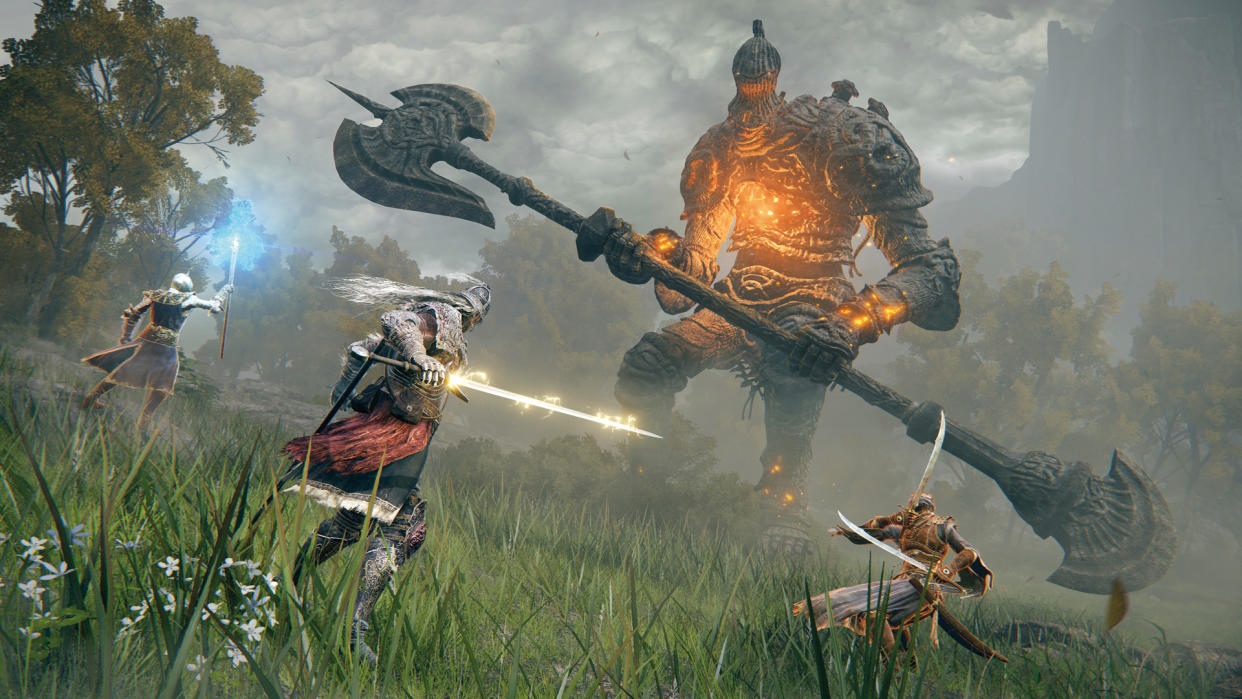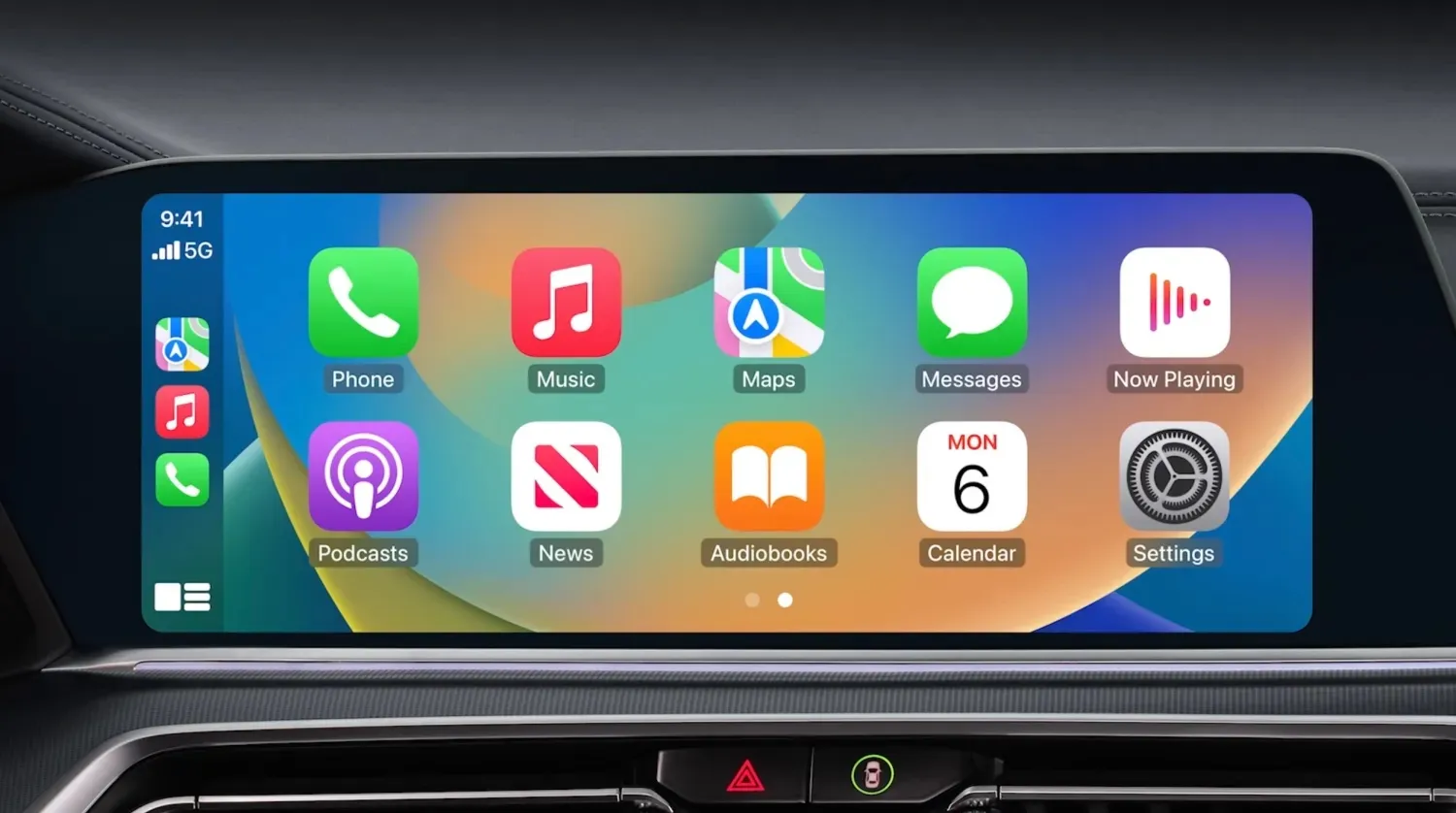The world of tech is abuzz with the news that OpenAI, the creators of the revolutionary chatbot ChatGPT, is reportedly developing its own web browser. This move comes hot on the heels of the company’s foray into the search engine market with SearchGPT, signaling OpenAI’s ambition to challenge Google’s dominance in both arenas. But what exactly can we expect from an OpenAI browser, and how could it shake up the digital landscape?
This potential development is significant because it marks a bold step by OpenAI to directly compete with Google’s Chrome, the undisputed king of web browsers. While still in its early stages, the rumored browser could leverage OpenAI’s expertise in artificial intelligence to offer a radically different browsing experience. Imagine a browser that understands your intent, anticipates your needs, and seamlessly integrates with other AI tools. This could revolutionize how we interact with the internet, making browsing more intuitive, personalized, and efficient.
The Rise of OpenAI: From Chatbots to Search Engines
OpenAI first burst onto the scene with ChatGPT, a chatbot capable of generating human-like text, translating languages, and answering questions in a comprehensive and informative way. This technology sent shockwaves through the tech industry, demonstrating the immense potential of AI to transform how we communicate and access information.
Building on this success, OpenAI launched SearchGPT, an AI-powered search engine that aims to provide more relevant and accurate search results by understanding the context and intent behind user queries. While still under development, SearchGPT has already shown promising results, suggesting that OpenAI is serious about challenging Google’s long-held dominance in the search market.
Taking on Google: A David vs. Goliath Battle?
Google has been the undisputed leader in the web browser and search engine market for years. Chrome’s user-friendly interface, extensive features, and tight integration with other Google services have made it the go-to choice for billions of users worldwide. Google Search, with its sophisticated algorithms and vast index of web pages, has become synonymous with finding information online.
However, OpenAI’s entry into these markets could disrupt this status quo. By leveraging its cutting-edge AI technology, OpenAI has the potential to offer a browsing experience that is more personalized, intuitive, and efficient than what is currently available. This could entice users to switch from Chrome to OpenAI’s browser, potentially eroding Google’s market share.
What to Expect from an OpenAI Web Browser
While details about OpenAI’s browser are still scarce, we can speculate about some potential features based on the company’s existing AI technologies:
- AI-Powered Search: The browser could seamlessly integrate with SearchGPT, providing more relevant and accurate search results based on user intent and context.
- Personalized Recommendations: The browser could learn user preferences and offer personalized recommendations for websites, articles, and other online content.
- Intelligent Content Summarization: The browser could use AI to summarize lengthy articles and web pages, saving users time and effort.
- Enhanced Security and Privacy: The browser could leverage AI to detect and prevent online threats, protecting users from malware and phishing attacks.
- Seamless Integration with Other AI Tools: The browser could integrate with other OpenAI tools, such as ChatGPT, allowing users to generate text, translate languages, and perform other tasks directly within the browser.
The Potential Impact on the Digital Landscape
The launch of an OpenAI web browser could have far-reaching implications for the digital landscape:
- Increased Competition: OpenAI’s entry into the browser market could intensify competition, leading to innovation and improved user experiences across all browsers.
- More Personalized Browsing: AI-powered personalization could become the norm, with browsers anticipating user needs and offering tailored content and recommendations.
- Enhanced Productivity: AI-powered features like content summarization and intelligent search could save users time and increase productivity.
- Shifting Power Dynamics: OpenAI’s success could challenge Google’s dominance in the tech industry, leading to a more diverse and competitive landscape.
My Thoughts and Experiences
As someone who closely follows developments in AI and technology, I’m excited about the prospect of an OpenAI web browser. I’ve been impressed by OpenAI’s previous innovations, and I believe they have the potential to create a truly groundbreaking browsing experience. I’m particularly interested in seeing how they leverage AI to personalize browsing, enhance productivity, and improve security.
I’ve personally experienced the limitations of current web browsers, particularly when it comes to finding relevant information and managing the overwhelming amount of content available online. I believe an AI-powered browser could address these challenges and make browsing more efficient and enjoyable.
OpenAI’s reported development of a web browser is a significant development in the tech world. While it remains to be seen how this browser will perform and what features it will offer, the potential is undeniable. By leveraging its expertise in artificial intelligence, OpenAI could challenge Google’s dominance and revolutionize how we interact with the internet. I, for one, am eagerly awaiting the launch of this potentially game-changing browser.










Add Comment